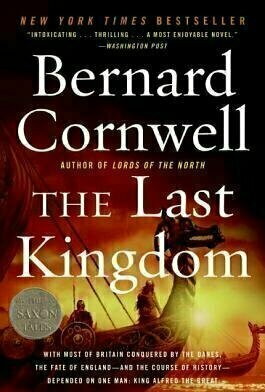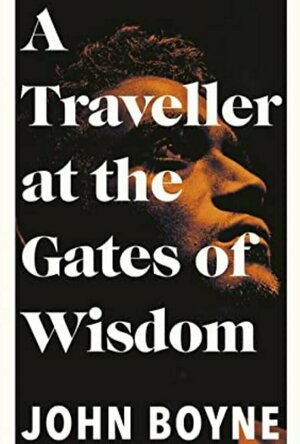
A Traveller at the Gates of Wisdom
Book
Some stories are universal. They play out across human history. And time is the river which will...
Historical fiction
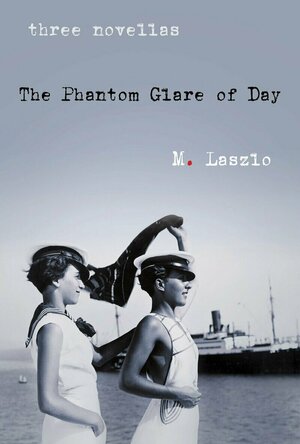
The Phantom Glare of Day: Three Novellas
Book
In this trio of novellas, three game young ladies enter into dangerous liaisons that test each...
Historical Metaphysical Fiction Coming of Age
Lyndsey Gollogly (2893 KP) rated The Last Kingdom (The Saxon Stories #1) in Books
Dec 28, 2022
Book
The Last Kingdom ( book 1)
By Bernard Cornwell
⭐️⭐️⭐️⭐️⭐️
The Last Kingdom is set in the England of the ninth and tenth centuries. These were the years when the Danish Vikings had invaded and occupied three of England's four kingdoms, and when King Alfred, his son and grandson fought back and won the freedom of the country again. The story is seen through the eyes of Uhtred, a dispossessed English nobleman. Captured as a child and raised by the Danes, he now finds his allegiances divided. But the one thing he knows is that he wants to recover his father's land, the fort by the wild northern sea that we now know as Bamburgh.
Although this took me a while I absolutely loved it. I didn’t realise till I started reading that it was the inspiration for the tv show. I’m a huge fan of historical fiction and this was the perfect book. I’m looking forward to the rest of the series. I’m extremely grateful for the translation at the front of the book I would never have known those towns and cities in the old language.

Peach Blossom Spring
Book
With every misfortune there is a blessing and within every blessing, the seeds of misfortune, and so...
Historical fiction War WW2 Chinese-American Communism
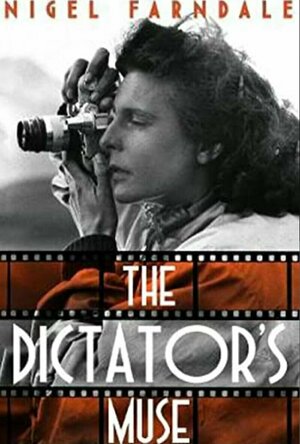
The Dictator’s Muse
Book
It is the early 1930s, and Europe is holding its breath. As Hitler's grip on power tightens,...
Historical fiction WW2 National Socialists Blackshirts Berlin Olympics
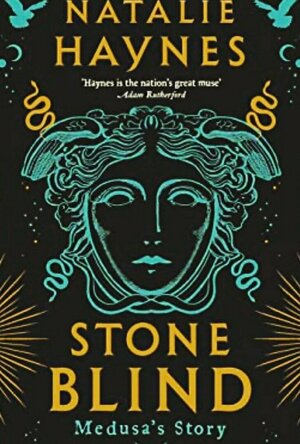
Stone Blind
Book
'So to mortal men, we are monsters. Because of our flight, our strength. They fear us, so they call...
Greek Mythology Historical fiction Retellings Feminism
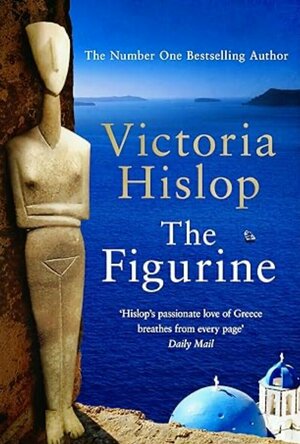
The Figurine
Book
When Helena inherits her grandparents' apartment in Athens, she is overwhelmed with memories of the...
Historical fiction Greece antiquities
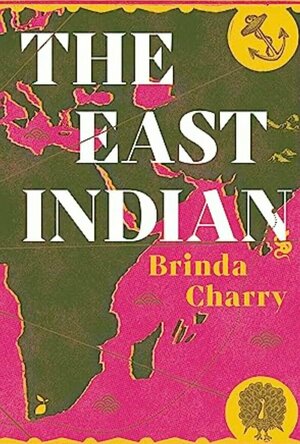
The East Indian
Book
Meet Tony: the first Indian to set foot on American soil. Among the settlers, slaves, and...
Historical fiction
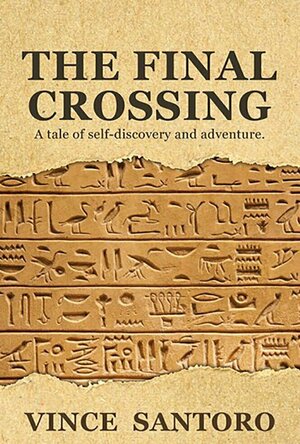
The Final Crossing: A Tale of Self-Discovery and Adventure by Vince Santoro
Book
In this tale of self-discovery and adventure, we are connected with a history we've come to know as...
Historical Fiction

Small Eden
Book
A boy with his head in the clouds. A man with a head full of dreams. 1884. The symptoms of...
Historical Fiction 1864-1910
